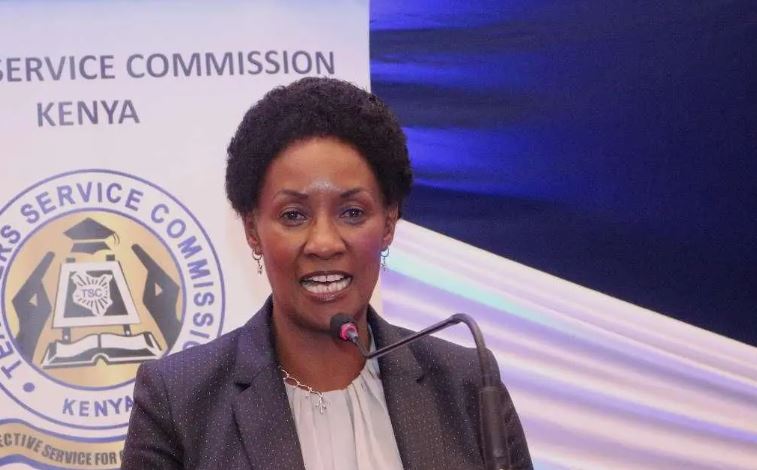
These regions span North America, Europe, the Middle East, Africa, and Asia, offering a chance to address high teacher unemployment rates by connecting skilled educators with global opportunities.
How It Will Work
The TSC has introduced a comprehensive policy framework to simplify the application process for interested teachers.
This step-by-step guide outlines eligibility criteria and application procedures. According to TSC CEO Dr. Nancy Macharia, research backed by the State Department of Diaspora Affairs highlights a strong demand for Kenyan teachers abroad, particularly those skilled in teaching English.
Interestingly, the demand extends beyond English teachers. There is a high need for Kiswahili teachers in countries like South Africa, China, Botswana, and Japan. Additionally, educators specializing in special needs education are sought after in Kuwait, Japan, and the UAE. Qatar has expressed interest in teachers trained in Islamic religious education and sciences.
What You’ll Need to Qualify
Teachers interested in applying must meet the following requirements:
- Be a Kenyan citizen registered with the TSC.
- Hold a certificate, diploma, or degree in education from a recognized institution.
- Fulfill specific requirements of the destination country, such as language proficiency or additional certifications.
Successful applicants will participate in an orientation program covering cultural awareness, health, and safety guidelines.
Benefits—And a Few Trade-Offs
The initiative brings various benefits. Teachers will gain exposure to new educational systems and techniques, which can enrich their skills and perspectives. Additionally, international assignments could result in financial gains for the educators and their families, boosting Kenya’s economy through remittances.
However, there is a trade-off. Teachers currently employed under TSC’s permanent and pensionable terms must resign before accepting an overseas position. While this opens up opportunities for unemployed teachers, it potentially risks job security for those returning to Kenya, as they will need to reapply for positions.
The program will operate under government-to-government agreements.
Ministries of Foreign Affairs and Labour are involved in ensuring fair terms and safe working conditions. A central database will also be established to match applicants with suitable roles and collect feedback for improvements.
This policy raises concerns about the ongoing teacher shortage in Kenya. For example, during the October 2023 recruitment drive, TSC received 314,000 applications for only 46,000 available positions. Critics fear this initiative could worsen local educational gaps, especially in areas like junior secondary schools.
This is an issue that TSC and policymakers need to address carefully.
The policy aligns with Kenya’s larger focus on labor migration to combat unemployment. However, past cases of poor working conditions for Kenyan workers abroad highlight the need for robust protection mechanisms.
Dr. Macharia has assured that contracts will clearly outline salaries, benefits, working hours, and repatriation clauses.
This ambitious strategy might redefine Kenya’s approach to managing its teacher workforce. By linking local educators with global opportunities, TSC hopes to create meaningful careers and generate economic benefits.
However, balancing global opportunities with local needs remains a critical challenge.
If executed thoughtfully, this policy could provide a win-win situation for teachers and the country. The true impact of this initiative will depend on how the TSC navigates potential challenges and criticisms.
What are your thoughts—could this initiative help solve Kenya’s teacher unemployment crisis, or could it strain the country’s education system further?








